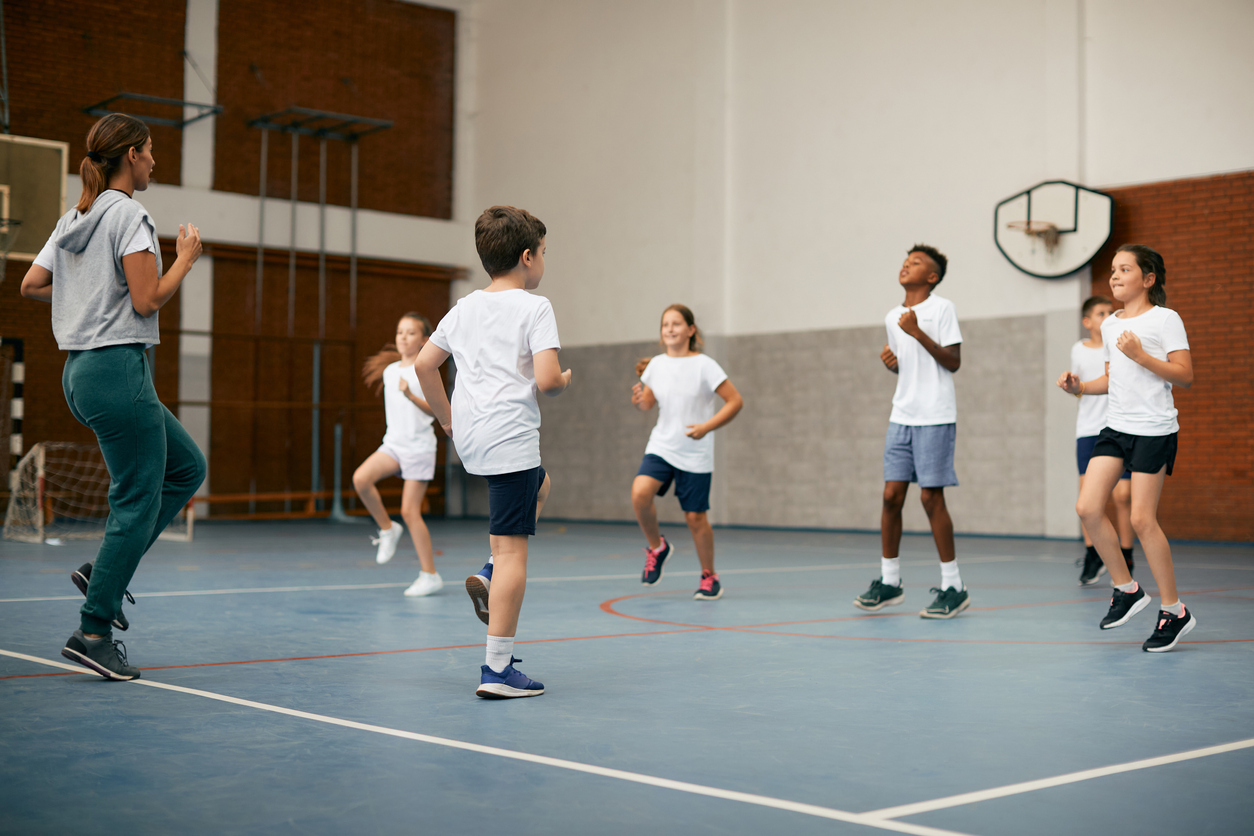The study, led by the University of Bristol, found that by summer last year 41% of children were meeting the national recommended physical activity guidelines of an hour on average of moderate to vigorous physical activity daily. Although this shows an improvement from the immediate aftermath of the COVID-19 pandemic, when little more than a third (37%) were meeting this target, it means the majority of children were still found to be falling short.
Children are more sedentary during the week since public lockdown restrictions lifted, spending an extra 13 minutes on average daily being inactive according to the findings.
Lead author Russ Jago, Professor of Physical Activity and Public Health in the School for Policy Studies, said: “It’s encouraging that on average children’s physical activity levels are back to where they were before the pandemic.
“But it’s taken nearly a year since the last public lockdown was lifted, and children’s increased sedentary time during the week has persisted, which is an area of concern for policy makers, schools, and parents.”
The study, funded by the National Institute for Health and Care Research, measured physical activity levels of 393 children aged 10 to 11 years old between June and December 2021 and a further 436 children of the same age between January and July last year. Children and a parent or carer wore an accelerometer to measure their physical activity and answered a questionnaire. Participants came from 28 schools in the Bristol area. This information was compared with data from nearly 1,300 children and their parents from 50 schools in the same area before the pandemic.
On average, parents were found to take part in eight minutes more moderate to vigorous physical activity at weekends than before the pandemic.
Physical activity is important for children’s health and well-being. The UK Chief Medical Officers recommend all children and young people should take part in an hour of moderate to vigorous physical activity each day. This is activity that gets children slightly hot, slightly sweaty, and out of breath. The Chief Medical Officers also advise children should limit the amount of time they spend being sedentary, which means sitting or lying down, except when sleeping, for extended periods.
Co-author Dr Ruth Salway, Senior Research Associate in Epidemiology and Statistics, said: “The findings suggest physical activity is susceptible to disruptions in provision and leisure opportunities, and highlight that still not enough 10 to 11-year- olds meet the guidelines. On the flipside, it’s great to see how the pandemic may have encouraged parents to be more active and it looks like these habits may be continuing.”
Paper
‘Short and medium-term effects of the COVID-19 lockdowns on child and parent accelerometer-measured physical activity and sedentary time: a natural experiment’ in the International Journal of Behavioural Nutrition & Physical Activity by R. Jago et al.
